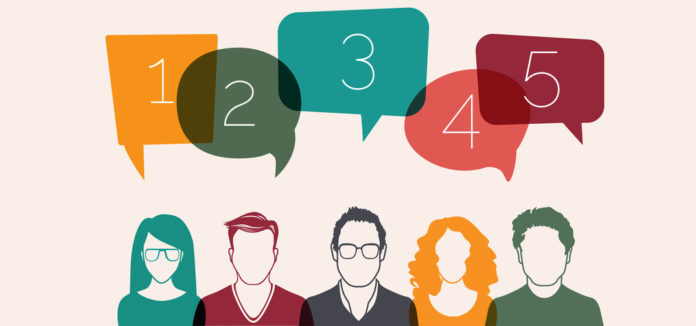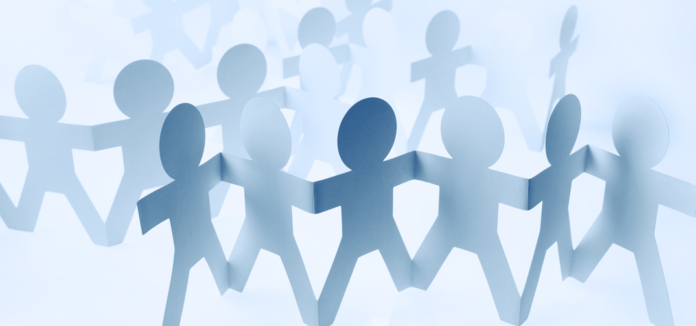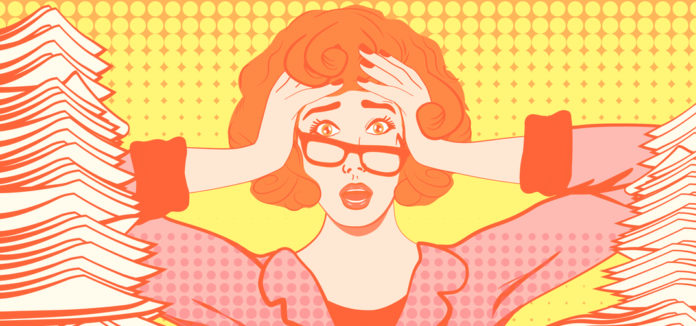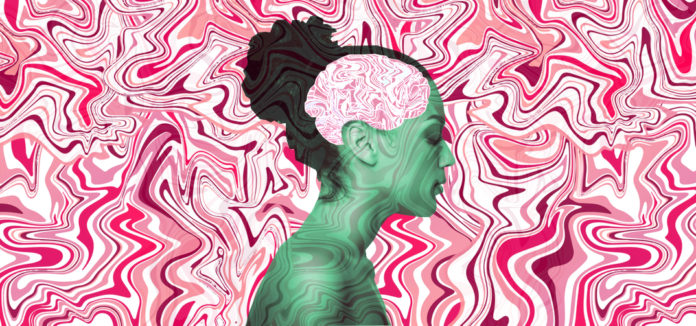Ralph Waldo Emerson once wrote:
The purpose of life is not to be happy. It is to be useful, to be honorable, to be compassionate, to have it make some difference that you have lived and lived well.
A scientific addendum to that should be that if you live with purpose, you are more likely to be happy.
Study after study shows the importance of having a sense of purpose. Having a direction and an overarching meaning in life helps you live longer, buffers against setbacks, and is linked with wellbeing.
In theory this is great, but in reality most people aren’t born knowing what they want to do with their lives. An article by author Mark Manson highlights the problem and offers a solution:
Chances are you have no clue what you want to do. It’s a struggle almost every adult goes through several times. “What do I want to do with my life?” “What am I passionate about?” Part of the problem is the concept of “life purpose” itself. The idea that we were each born for some higher purpose and it’s now our cosmic mission to find it.
Manson recommends re-framing the question and thinking about purpose in a more manageable way. So when people ask, “What should I do with my life?” they should really ask “What can I do with my time that is important?”
He lists five questions to help figure out what matters most to you and how to add more meaning to your life:
1. What are you willing to struggle for?
Fulfillment involves effort, trial-and-error, failure and learning.
2. What did your eight-year-old self love doing?
Remember the joy of doing things for the fun of it? No rewards, no impressing anyone, just for yourself.
3. What makes you forget to eat?
When are you are so immersed in an activity that time passes without you realizing? Psychologist call this flow.
4. How are you going to save the world?
You may not end world hunger, but you can make a difference. Instead of focusing too much on finding yourself, lose yourself in something larger.
5. If you knew you were going to die one year from today, what would you do and how would you want to be remembered?
How do you really want to spend your time? What do you want your legacy to be?
Manson concludes that discovering one’s purpose in life essentially boils down to finding those one or two things that are bigger than yourself and bigger than those around you. And to find them you must get off your couch and act, take the time to think beyond yourself, to think greater than yourself, and paradoxically, to imagine a world without yourself.
I wish you all the best,
Dr. Samantha Boardman







